
Shela: The Serene Gem of Lamu Island
Nestled on the southern tip of Lamu Island, Shela is a picturesque village that captivates visitors with its unspoiled charm and tranquil ambiance. Known for its stunning white sandy beaches and traditional Swahili architecture, Shela offers a unique blend of natural beauty and cultural heritage. Explore the narrow winding streets lined with coral stone houses, each adorned with intricately carved wooden doors that tell stories of a bygone era. The village's vibrant culture is palpable, with friendly locals often seen engaging in traditional crafts, such as dhow building and weaving. The surrounding sand dunes provide a perfect backdrop for leisurely strolls or exhilarating dune surfing. Shela is also a gateway to some of the most pristine beaches in Kenya. The idyllic Shela Beach, with its clear turquoise waters, is ideal for swimming, sunbathing, and beachcombing. As the day winds down, make your way to one of the local cafes or restaurants that offer fresh seafood and Swahili cuisine, best enjoyed while watching the sun set over the Indian Ocean. A visit to Shela is incomplete without experiencing the Lamu Fort and the Lamu Museum, both of which are a short boat ride away. These landmarks provide deep insights into the rich history and cultural tapestry of the Lamu Archipelago. Whether you are seeking relaxation or adventure, Shela’s serene environment and welcoming community make it an unforgettable destination.
Local tips in Shela
- Wear comfortable shoes for walking on sandy paths and exploring the village.
- Carry cash, as many local establishments do not accept credit cards.
- Visit during the Lamu Cultural Festival to experience traditional Swahili music, dance, and crafts.
- Hire a local guide to fully appreciate the history and stories behind Shela’s landmarks.
- Pack sunscreen and a hat, as the sun can be quite intense.
Shela: The Serene Gem of Lamu Island
Nestled on the southern tip of Lamu Island, Shela is a picturesque village that captivates visitors with its unspoiled charm and tranquil ambiance. Known for its stunning white sandy beaches and traditional Swahili architecture, Shela offers a unique blend of natural beauty and cultural heritage. Explore the narrow winding streets lined with coral stone houses, each adorned with intricately carved wooden doors that tell stories of a bygone era. The village's vibrant culture is palpable, with friendly locals often seen engaging in traditional crafts, such as dhow building and weaving. The surrounding sand dunes provide a perfect backdrop for leisurely strolls or exhilarating dune surfing. Shela is also a gateway to some of the most pristine beaches in Kenya. The idyllic Shela Beach, with its clear turquoise waters, is ideal for swimming, sunbathing, and beachcombing. As the day winds down, make your way to one of the local cafes or restaurants that offer fresh seafood and Swahili cuisine, best enjoyed while watching the sun set over the Indian Ocean. A visit to Shela is incomplete without experiencing the Lamu Fort and the Lamu Museum, both of which are a short boat ride away. These landmarks provide deep insights into the rich history and cultural tapestry of the Lamu Archipelago. Whether you are seeking relaxation or adventure, Shela’s serene environment and welcoming community make it an unforgettable destination.
Iconic landmarks you can’t miss
Lamu Fort
Explore Lamu Fort: A UNESCO World Heritage site that captures the rich history and culture of Kenya's coastal heritage.
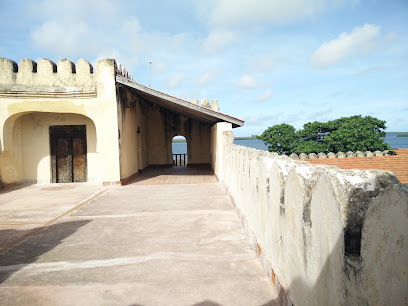
The Fort Of Shela
Discover the enchanting Fort of Shela in Kenya, where history meets stunning coastal beauty for an unforgettable holiday experience.
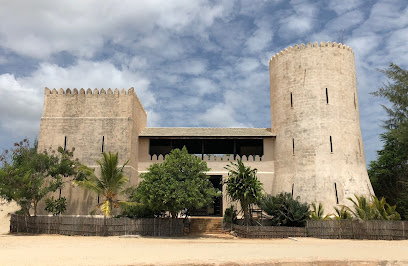
Shella Bahari Guest House
Experience the serene charm and warm hospitality of Shella Bahari Guest House, your perfect coastal retreat in Shela, Kenya.
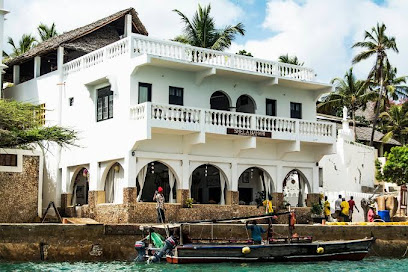
Forodhani House
Discover the charm of Forodhani House at Shela Beach, where traditional Swahili architecture meets tranquil ocean views in Lamu, Kenya.
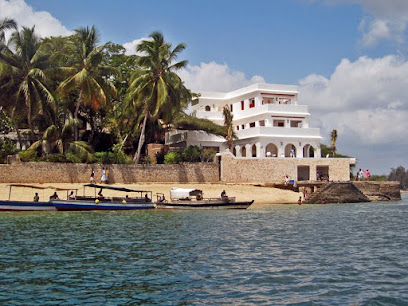
Shela White House
Experience the tranquil beauty and warm hospitality at Shela White House Resort in Malindi, where coastal charm meets serene relaxation.
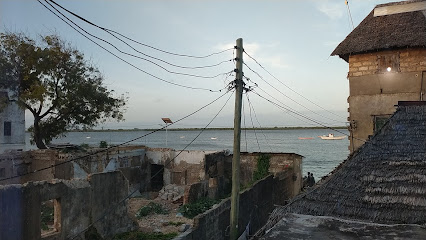
Shela beach
Discover the serene beauty of Shela Beach in Kenya, where soft sands and clear waters create the ultimate tropical escape for travelers.
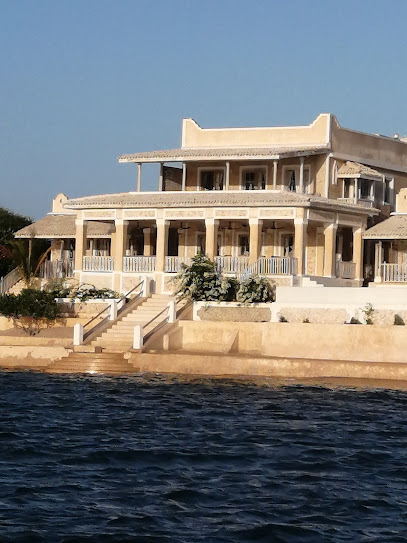
Banana House And Wellness Centre
Discover peace and wellness at Banana House, your serene retreat on Lamu Island, blending yoga, relaxation, and cultural immersion.
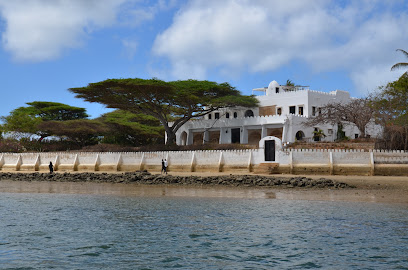
Fatumas Tower
Discover the enchanting beauty of Fatuma's Tower in Shela, Lamu—where tranquility meets rich cultural experiences and stunning coastal views.

Beach House
Experience ultimate relaxation at Beach House, a serene hotel on Kenya's coast, where adventure meets tranquility in a beautiful setting.
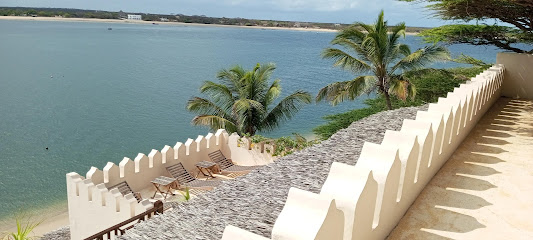
Shela lamu
Experience the serene beauty of Shela, Lamu, where pristine beaches, rich heritage, and warm hospitality create the perfect coastal escape.
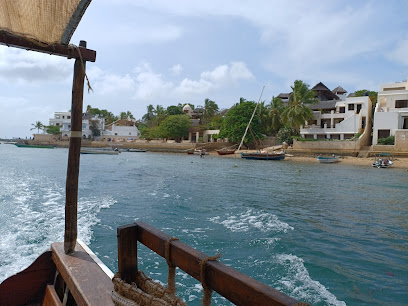
Shela
Explore Shela, a hidden coastal gem in Kenya, where pristine beaches, rich culture, and unforgettable experiences await every traveler.
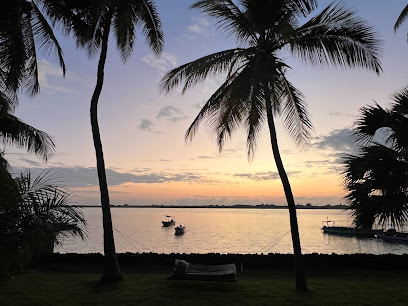
Unmissable attractions to see
Shela beach
Discover the tranquil beauty of Shela Beach, where white sands meet azure waters, creating a perfect getaway in Lamu, Kenya.
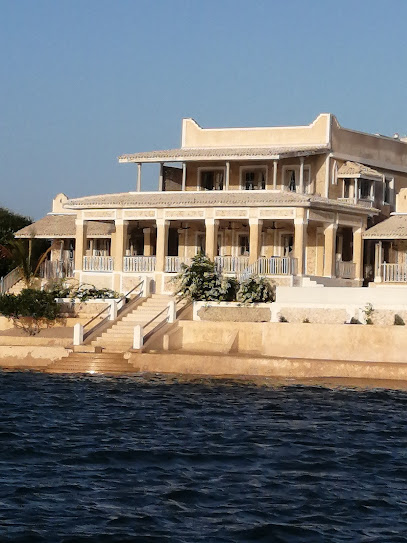
Ras Kitao
Experience the natural beauty and cultural richness of Ras Kitao in Shela, a tranquil paradise along Kenya's stunning coastline.
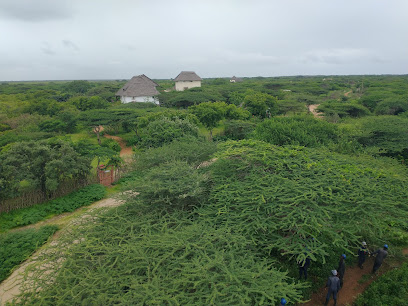
Shela
Discover the serene beauty and rich culture of Shela, a coastal haven in Kenya, where stunning beaches meet Swahili heritage.
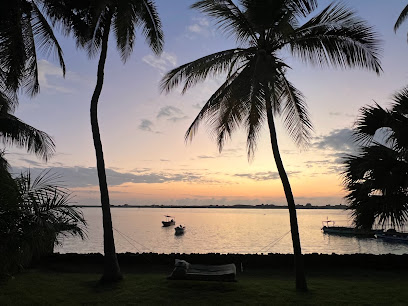
Manda Creek
Manda Creek: A Serene Escape into Nature's Tranquility in Shela, Kenya.

Essential places to dine
Peponi Hotel Lamu
Discover luxury and local charm at Peponi Hotel Lamu - your perfect coastal retreat on Shela Beach.

Sea Suq
Discover delectable dishes at Sea Suq in Shela, where local flavors meet international cuisine amidst stunning ocean views.
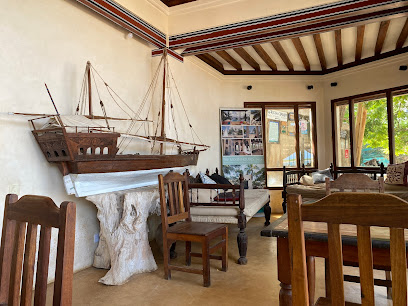
Stop Over Restaurant
Experience authentic Swahili cuisine at Stop Over Restaurant in Lamu – a culinary journey through flavors and culture.
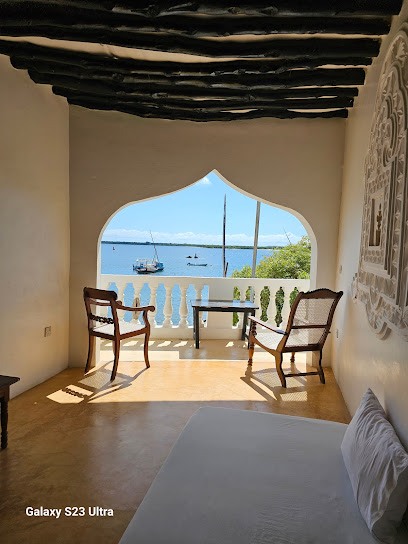
Bahari Restaurant
Experience exquisite coastal cuisine at Bahari Restaurant in Shela - where every dish tells a story.
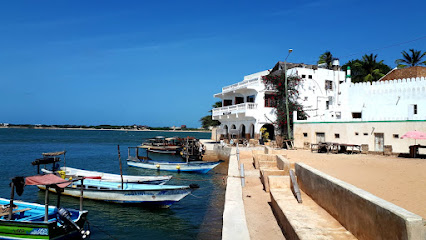
Pizza O
Experience the flavors of Shela at Pizza O – where fresh ingredients meet coastal charm in every slice.
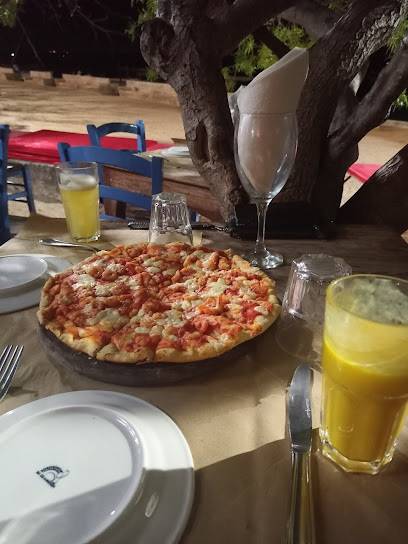
Rangaleni Shop Shela
Experience authentic coastal Kenyan cuisine at Rangaleni Shop in Shela - where every meal is infused with local flavor and ocean views.
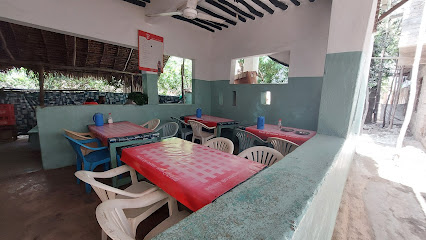
Peponi Hotel bar & restaurant
Discover culinary bliss at Peponi Hotel Bar & Restaurant in Shela, where exquisite flavors meet breathtaking coastal views.
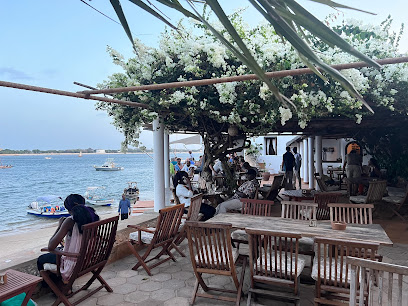
Kijani Rooftop Restaurant
Experience unforgettable dining at Kijani Rooftop Restaurant in Shela - where local flavors meet stunning ocean views.
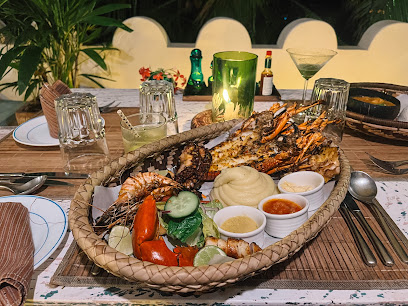
Faliera Hotel, Restaurant & Art Gallery
Experience exquisite Italian cuisine and vibrant local art at Faliera Hotel in Shela - a true gem for food lovers and art enthusiasts alike.
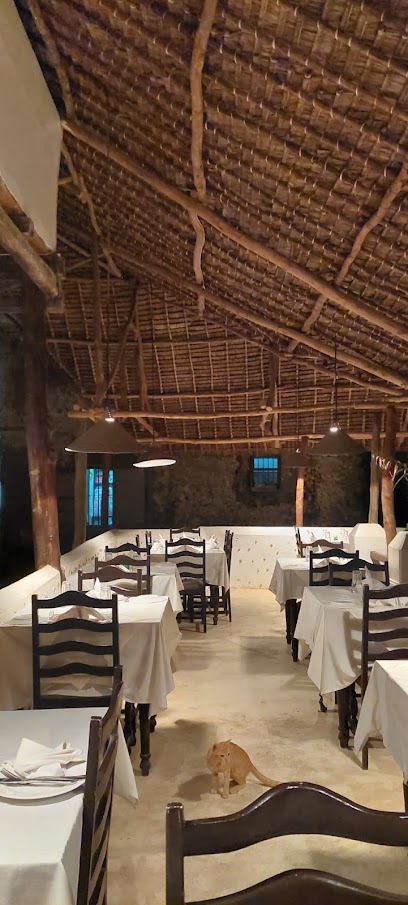
Lamu place
Experience authentic coastal cuisine at Lamu Place - a culinary gem celebrating local flavors and traditions in picturesque surroundings.

Markets, malls and hidden boutiques
Natural Lamu (Shela)
Discover the essence of organic living at Natural Lamu in Shela - a hub for fresh produce and local crafts.
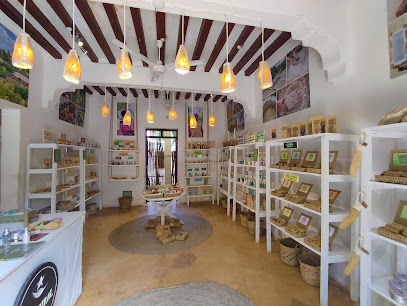
African Corner Lamu
Explore the vibrant craftsmanship of Lamu at African Corner, a must-visit craft store in the heart of Shela offering unique local artistry.
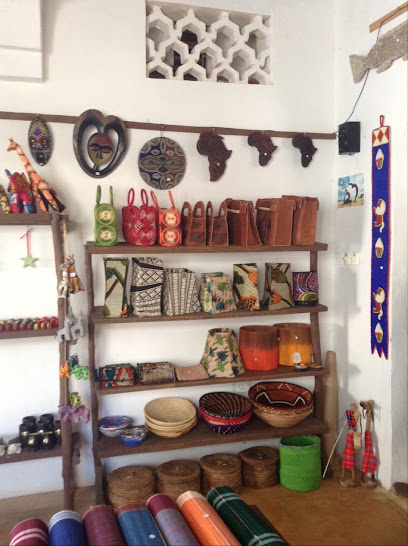
Lamu fine & antique Furniture gallery
Explore exquisite handcrafted furniture and local artistry at Lamu Fine & Antique Furniture Gallery in Shela, a cultural gem in Kenya.
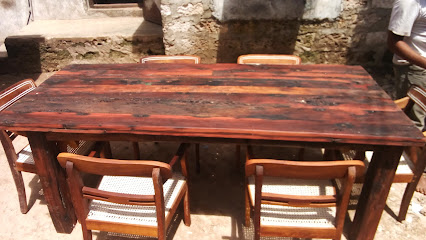
Aman
Discover the unique craftsmanship of Shela at Aman, the boutique that showcases Kenya's rich artistry and local treasures.
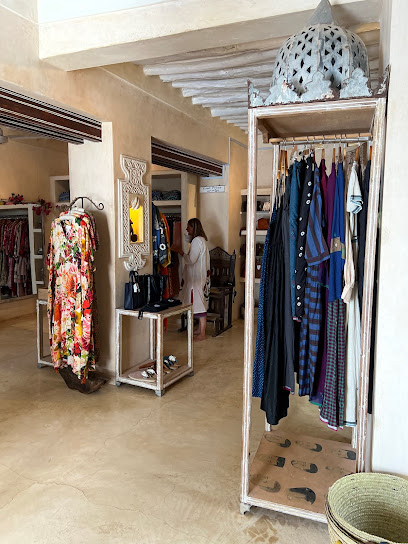
Lamu Local Artist Shop (Shella)
Experience the vibrant artistry of Lamu at the Lamu Local Artist Shop, where local craftsmanship meets cultural heritage.
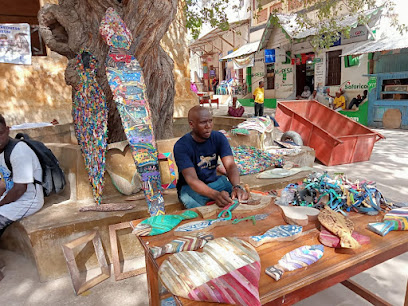
Lulu Stories
Explore Lulu Stories on Shela Lamu Island for unique handcrafted gifts that embody the spirit of local culture and artistry.
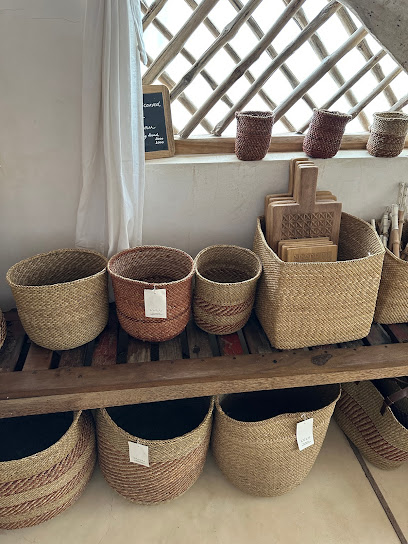
Tawfiq Shop Lamu
Discover the vibrant offerings of Tawfiq Shop Lamu, where local culture meets unique shopping experiences in the heart of Shela.

Kiswahili Lamu
Discover the vibrant culture of Lamu at Kiswahili Lamu, a boutique offering unique handcrafted treasures and local artistry in Shela.
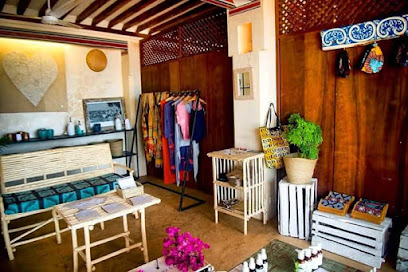
Musenangu shop shella
Explore Musenangu Shop in Shela for unique local crafts and souvenirs that embody the rich Swahili culture and artistry.
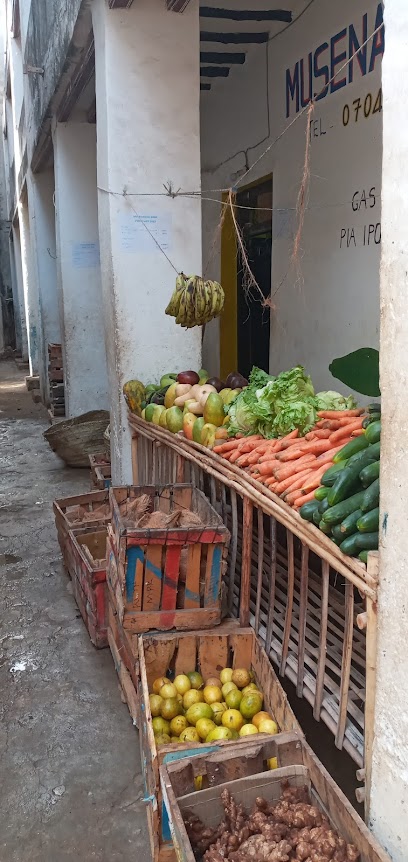
Sally's collection
Explore Sally's Collection in Shela for unique, handcrafted gifts that embody the local culture and artistry of Kenya.

Essential bars & hidden hideouts
Floating Bar & Restaurant Lamu
Discover the unique Floating Bar & Restaurant in Lamu, where dining meets breathtaking ocean views and vibrant culture.
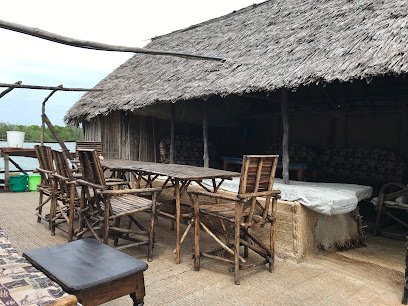
Sea Suq
Discover Sea Suq in Shela, where local flavors meet oceanfront dining for an unforgettable culinary experience.
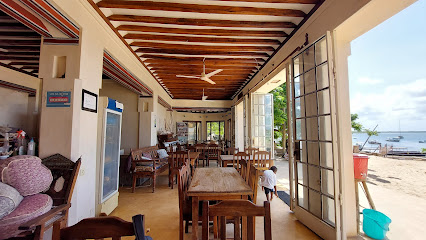
Stop Over Restaurant
Discover the culinary charm of Lamu at Stop Over Restaurant, where local flavors meet international cuisine in a warm and inviting atmosphere.
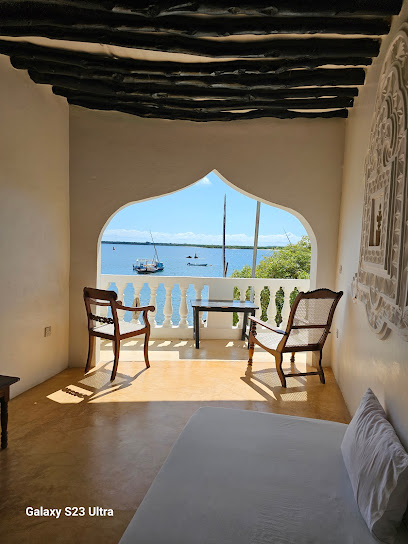
Bahari Restaurant
Discover Bahari Restaurant in Shela, where local flavors meet international cuisines in a stunning coastal setting.
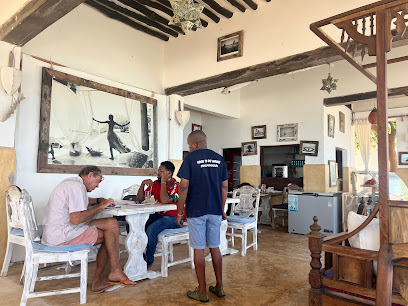
Rangaleni Shop Shela
Discover the flavors of Shela at Rangaleni Shop—a delightful restaurant by the beach, perfect for a memorable culinary experience.
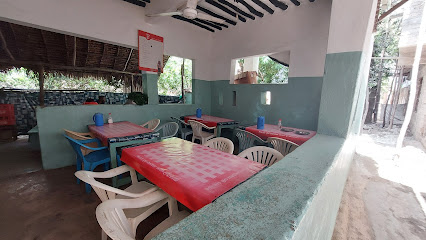
Mararaha Lounge
Discover Mararaha Lounge in Shela, a vibrant bar offering refreshing drinks and stunning views, perfect for unwinding and connecting with locals.
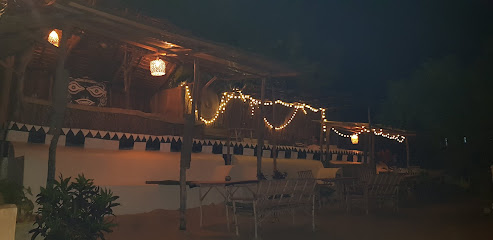
MaraRaha Village
Discover the tropical charm of MaraRaha Village, a perfect bar for relaxation and socializing in Shela's stunning scenery.
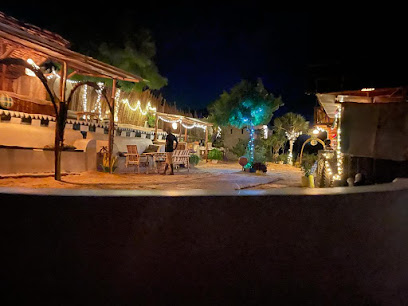
Peponi Hotel bar & restaurant
Discover the flavors of Shela at Peponi Hotel Bar & Restaurant, where local ingredients meet stunning ocean views.
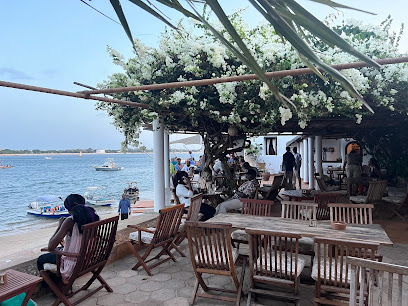
Kijani Rooftop Restaurant
Discover Kijani Rooftop Restaurant in Shela, where stunning ocean views and exquisite local cuisine create unforgettable dining experiences.
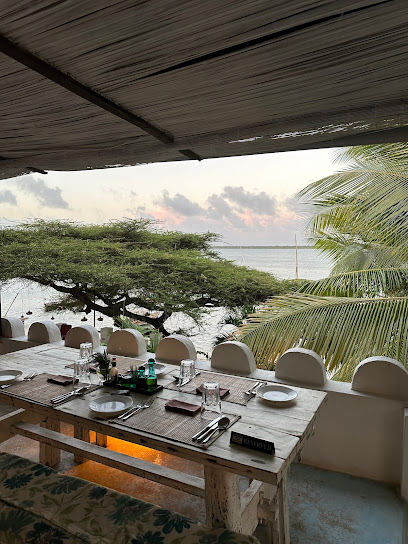
Hindi Inn paradise
Discover the vibrant flavors of Lamu at Hindi Inn Paradise, a grill restaurant offering exquisite local dishes in a charming coastal setting.
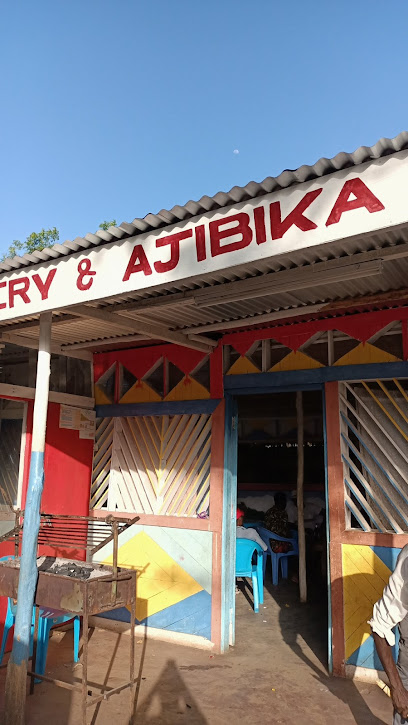
Local Phrases
-
- HelloJambo
[jahm-boh] - GoodbyeKwaheri
[kwah-heh-ree] - YesNdio
[n-dyoh] - NoHapana
[hah-pah-nah] - Please/You're welcomeTafadhali
[tah-fah-dah-lee] - Thank youAsante
[ah-sahn-teh] - Excuse me/SorrySamahani
[sah-mah-hah-nee] - How are you?U hali gani?
[oo hah-lee gah-nee] - Fine. And you?Safi. Na wewe?
[sah-fee. nah weh-weh] - Do you speak English?Unazungumza kiingereza?
[oo-nah-zoo-ngoom-zah kee-een-geh-reh-zah] - I don't understandSielewi
[see-eh-leh-wee]
- HelloJambo
-
- I'd like to see the menu, pleaseNataka kuona menyu, tafadhali
[nah-tah-kah koo-oh-nah meh-nyoo, tah-fah-dah-lee] - I don't eat meatSi kula nyama
[see koo-lah nyah-mah] - Cheers!Mambo!
[mahm-boh] - I would like to pay, pleaseNingependa kulipa, tafadhali
[nee-ngeh-pehn-dah koo-lee-pah, tah-fah-dah-lee]
- I'd like to see the menu, pleaseNataka kuona menyu, tafadhali
-
- Help!Msaada!
[msah-ah-dah] - Go away!Enda zako!
[ehn-dah zah-koh] - Call the Police!Piga polisi!
[pee-gah poh-lee-see] - Call a doctor!Piga daktari!
[pee-gah dahk-tah-ree] - I'm lostNimepotea
[nee-meh-poh-teh-ah] - I'm illMimi ni mgonjwa
[mee-mee nee m-gohn-jwah]
- Help!Msaada!
-
- I'd like to buy...Nataka kununua...
[nah-tah-kah koo-noo-noo-ah] - I'm just lookingNinaangalia tu
[nee-nah-ahn-gah-lee-ah too] - How much is it?Bei ni ngapi?
[beh-ee nee ngah-pee] - That's too expensiveHii ni ghali sana
[hee nee gah-lee sah-nah] - Can you lower the price?Unaweza kushusha bei?
[oo-nah-weh-zah koo-shoo-shah beh-ee]
- I'd like to buy...Nataka kununua...
-
- What time is it?Saa ngapi?
[sah-ah ngah-pee] - It's one o'clockSaa moja
[sah-ah moh-jah] - Half past (10)Nusu (kumi)
[noo-soo (koo-mee)] - MorningAsubuhi
[ah-soo-boo-hee] - AfternoonMchana
[m-chah-nah] - EveningJioni
[joh-ee-nee] - YesterdayJana
[jah-nah] - TodayLeo
[leh-oh] - TomorrowKesho
[keh-shoh] - 1Moja
[moh-jah] - 2Mbili
[m-bee-lee] - 3Tatu
[tah-too] - 4Nne
[n-neh] - 5Tano
[tah-noh] - 6Sita
[see-tah] - 7Saba
[sah-bah] - 8Nane
[nah-neh] - 9Kenda
[kehn-dah] - 10Kumi
[koo-mee]
- What time is it?Saa ngapi?
-
- Where's a/the...?Iko wapi...?
[ee-koh wah-pee] - What's the address?Anwani ni gani?
[ahn-wah-nee nee gah-nee] - Can you show me (on the map)?Unaweza kunionyesha (kwenye ramani)?
[oo-nah-weh-zah koo-nyoh-nyeh-shah (kweh-neh rah-mah-nee)] - When's the next (bus)?Basi lililoendelea ni lini?
[bah-see lee-lee-loh-ehn-deh-leh-ah nee lee-nee] - A ticket (to ....)Tiketi (kwenda ....)
[tee-keh-tee (kwehn-dah ....)]
- Where's a/the...?Iko wapi...?
History of Shela
-
Shela, located just south of Lamu Town, is a historic Swahili settlement that traces its origins back to the 14th century. It was established as a trading hub, benefiting from its proximity to the Indian Ocean trade routes. The town became known for its strategic position, allowing merchants to engage in commerce with various cultures, including Arab, Persian, and Indian traders.
-
The architecture of Shela reflects its rich cultural amalgamation, featuring traditional Swahili houses adorned with coral stone and intricately carved wooden doors. The town is also home to the majestic Shela Mosque, built in the 19th century, which showcases the Islamic influence that permeated the region. This architectural style is representative of the broader Swahili Coast, known for its unique blend of African, Arab, and Persian influences.
-
During the late 19th century, Shela saw significant changes with the advent of European colonial powers in East Africa. The British, who took control of the region, focused on establishing trade and suppressing the slave trade. This period marked a decline in the traditional trading activities of Shela, as the colonial economy reoriented towards cash crops and export-oriented agriculture.
-
The mid-20th century witnessed a decline in Shela as a trading center, largely due to the rise of Lamu Town as the primary economic hub. However, in recent decades, Shela has experienced a resurgence as a tourist destination, attracting visitors with its pristine beaches and tranquil atmosphere. The local community has embraced this change, promoting cultural preservation and sustainable tourism.
-
Shela is a vibrant community that celebrates its rich cultural heritage through various festivals and traditions. The annual Lamu Cultural Festival, which takes place in November, features traditional dances, dhow races, and art exhibitions, showcasing the unique cultural identity of Shela and the wider Lamu region. The preservation of traditional crafts, such as weaving and pottery, continues to thrive, connecting younger generations with their historical roots.
Shela Essentials
-
Shela is easily accessible from Lamu Town, which is the main hub for travelers. You can reach Shela via a short boat ride, which takes approximately 20 minutes. Boats regularly depart from the Lamu jetty. Alternatively, you can hire a private dhow for a more scenic experience. If you are arriving from Manda Airport, a taxi can take you to Lamu Town, where you can then catch a boat to Shela.
-
Shela is a small village, and the best way to explore is on foot. The sandy paths make it ideal for walking. Bicycles can also be rented from local shops, allowing for a leisurely ride along the beach. However, there are no public buses or trains in Shela, so walking or biking are your primary modes of transportation. Taxis are available in Lamu Town for longer distances.
-
Shela is generally a safe area for tourists, but it's wise to remain vigilant. Avoid walking alone at night, especially on secluded paths. While violent crime is rare, petty theft can occur, particularly in crowded areas. It is advisable to stay clear of poorly lit areas after dark. Always keep your belongings secure and be cautious with valuables.
-
In case of an emergency, contact local authorities by dialing the local police at 999. The nearest hospital is in Lamu Town, which is approximately a 20-minute boat ride away. Travel insurance is recommended to cover any medical emergencies. For minor health issues, pharmacies in Lamu Town can provide over-the-counter medications.
-
Fashion: Do dress modestly, particularly in areas with religious significance. Avoid wearing revealing clothing. Religion: Do respect local customs; while visiting mosques, women should cover their heads and men should wear long trousers. Public Transport: Do be courteous and give up your seat to elderly passengers. Don't eat or drink on public transport. Greetings: Do greet locals with a smile and a friendly 'Jambo.' Avoid overly casual greetings. Eating & Drinking: Do try local cuisines and accept food offerings graciously. Don't refuse hospitality, as it can be seen as disrespectful.
-
To experience Shela like a local, visit the beach early in the morning to witness the fishermen bringing in their catch. Explore the local markets for fresh produce and handmade crafts. Engage with local artisans and learn about their craft. Don't miss the chance to enjoy a sunset at Shela Beach, a perfect spot for relaxation. Also, try to visit the small cafes and restaurants that serve traditional Swahili dishes.
-
Understanding local etiquette is crucial. Always ask for permission before taking photographs of people or their property. It's customary to greet elders first in social settings. When dining, it is polite to eat with your right hand and to share food with those around you, as communal eating is a common practice.
-
Shela offers a range of accommodation options from budget guesthouses to upscale boutique hotels. Many lodgings provide a unique Swahili architectural experience, featuring vibrant designs and local craftsmanship. Booking in advance, especially during peak tourist seasons, is advisable to secure your preferred stay.
Nearby Cities to Shela
-
Things To Do in Malindi
-
Things To Do in Mombasa
-
Things To Do in Diani Beach
-
Things To Do in Tanga
-
Things To Do in Moshi
-
Things To Do in Nairobi
-
Things To Do in Zanzibar City
-
Things To Do in Stone Town
-
Things To Do in Arusha
-
Things To Do in Naivasha
-
Things To Do in Dar es Salaam
-
Things To Do in Nakuru
-
Things To Do in Morogoro
-
Things To Do in Mogadishu
-
Things To Do in Eldoret










